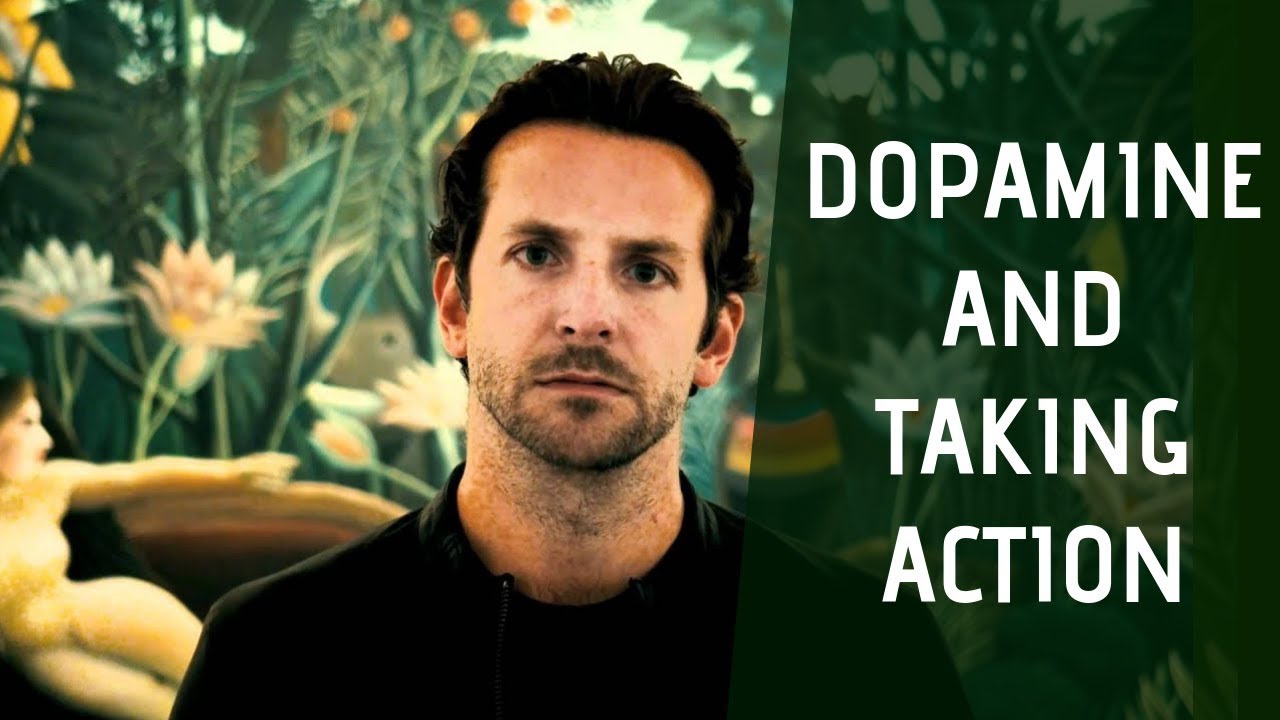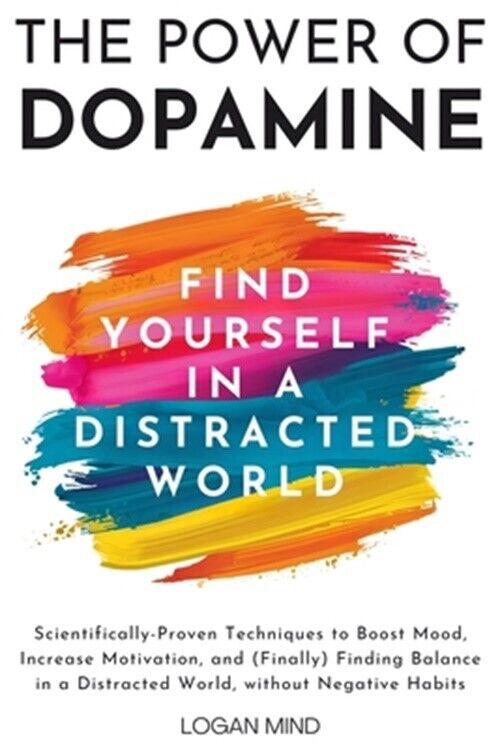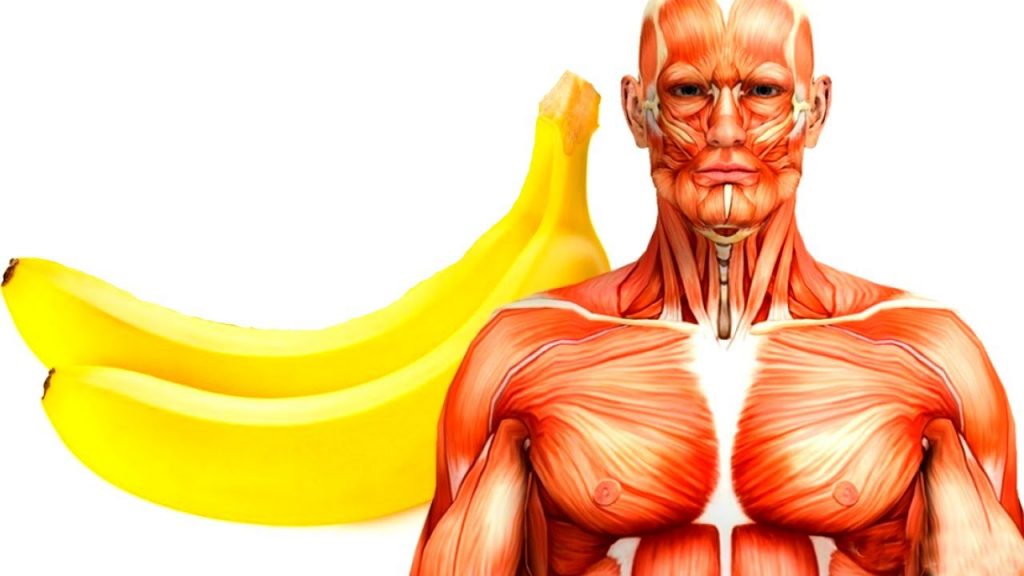How Dopamine Affects Our Ability to Take Action (Dopamine Detox)

Based on a recent experience in which I couldn’t listen to my headphones, I decided to do a quick experiment in which I wouldn’t use the internet for a day and generally speaking not take in any stimuli except food.
I was bored at first, but it was an absolutely lovely experience. The sages of yore had said something along the lines of “You can learn more from an hour of silence than you can from a year’s worth of reading.” That’s something to keep in mind, though it has become more and more difficult with time.
Can dopamine detox be used as an effective method for addiction recovery and help individuals find pleasure in natural rewards instead of drugs or other addictive substances?
Dopamine is an important neurotransmitter that plays a crucial role in our ability to take action. It is responsible for motivating us to pursue our goals and rewarding us when we achieve them. However, an excessive amount of dopamine can lead to addiction, procrastination, and lack of productivity. This is why many people are now turning to dopamine detox as a way to regain control over their lives.
Dopamine is synthesized in the brain and released when we experience pleasure, such as when we eat, have sex, or achieve a goal. It creates a sense of euphoria that motivates us to seek out more pleasure. However, when we are exposed to a high level of dopamine for an extended period of time, our brain starts to adapt, and the same level of pleasure becomes less satisfying. This is why people often feel the need to increase the amount of pleasure they receive, leading to addiction.
In addition to addiction, too much dopamine can also lead to procrastination and lack of productivity. When we are constantly seeking pleasure, we are more likely to engage in activities that provide instant gratification, rather than focusing on long-term goals that require effort and perseverance. This can lead to a lack of progress, making it difficult to achieve success.
Dopamine detox is a process of abstaining from activities that provide an excessive amount of dopamine, such as social media, video games, junk food, and drugs. It is a way to reset our brain and reduce its dependence on dopamine, allowing us to become more productive and motivated. During the detox, we focus on activities that provide natural rewards, such as exercise, meditation, and spending time with loved ones.
The benefits of dopamine detox are numerous. By reducing our dependence on dopamine, we become more focused, productive, and motivated. We are able to prioritize our goals and achieve success without being distracted by instant gratification. Additionally, dopamine detox can help with addiction recovery, as it teaches individuals to find pleasure in natural rewards rather than drugs or other addictive substances.
In conclusion, dopamine is an important neurotransmitter that affects our ability to take action. While an excessive amount of dopamine can lead to addiction, procrastination, and lack of productivity, dopamine detox can help individuals regain control over their lives. By focusing on natural rewards and reducing their dependence on instant gratification, individuals can become more focused, productive, and successful. So if you’re looking to take charge of your life, consider trying a dopamine detox.










1 MINUTE NAIL ART CHALLENGE
Fast & Dirty Circuit Workout | Alex Silver-Fagan
9 Healthy Breakfast Ideas For Weight Loss
5 QUICK HEALTHY WEEKDAY BREAKFASTS | Easy ideas + recipes!
Use This To Control Your Brain